South Sudan
South Sudan has issued an order regulating fees charged by private schools.
According to the country’s education ministry, schools will not charge more than 80,000 South Sudanese Pounds (about $615) from day students.
The directive also mandates boarding schools to charge not more than 200,000 Pounds or $1,535 per year.
Some schools in South Sudan charge as much as $5,000 or more a year. Average income in the country is $1,120.
82% of the population is considered poor.
“The Ministry of General Education and Instruction has received abundant complaints from parents across the country reporting that some private schools were charging very high school fees,” Radio Tamazuj quoted South Sudan’s Deputy Minister Martin Tako Moyi as saying.
He warned that action would be taken against schools found to be contravening the new directives.
The order also stops schools from charging extra fees for materials such as books.
Public education infrastructure is virtually non-existent in South Sudan, a gap that has been exploited by private educators.
Schools across South Sudan are reopened on May 3 after more than 15 months of closure due to Covid-19 restrictions.
Before the pandemic, 2.8 million children were out of school due to poverty, inequalities, cultural beliefs and nomadic lifestyles, according to UNICEF.
UNICEF fears that many will fail to resume their studies.
International schools and or teaching institutions affiliated with diplomatic missions are not affected by the directive, the ministry said.
The World Bank says poverty in the country has been made worse by conflict and economic mismanagement.



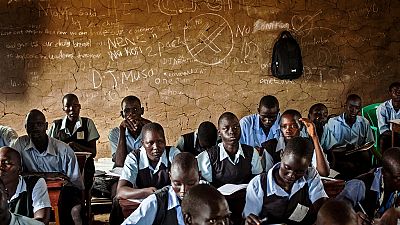

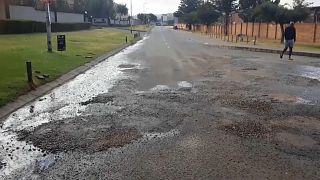
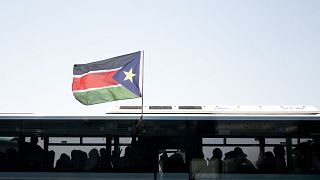
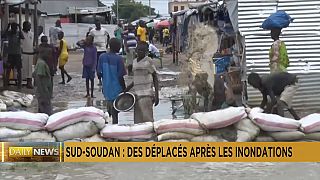
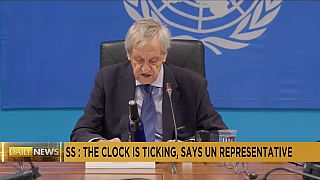

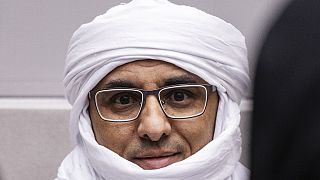
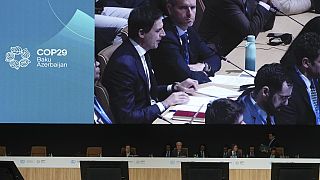
01:48
Kung Fu gains popularity among young people in Kenya
01:22
Scaled-down polio vaccination campaign resumes in northern Gaza
01:08
Africa reports 134 new polio cases on World Polio Day
01:22
In Burundi, Mpox prevention measures are being implemented in schools
Go to video
South Africa: Afrikaans conflict 'not catastrophic', says DA
Go to video
Critics say a South African education bill on language in schools threatens new unity government